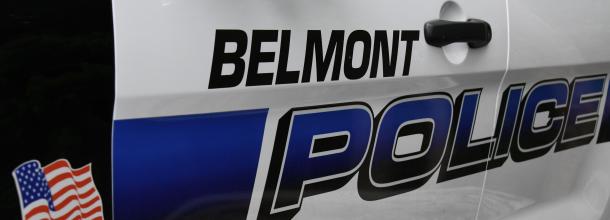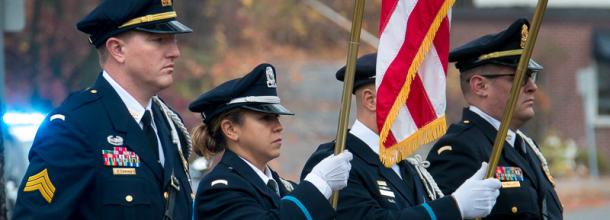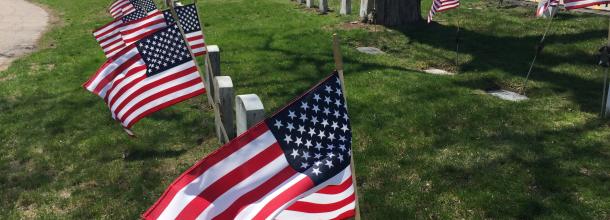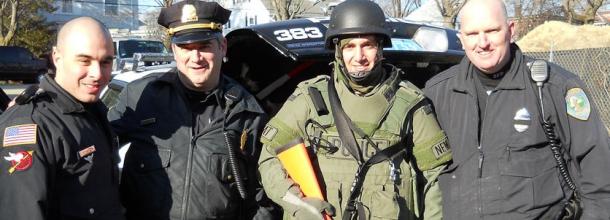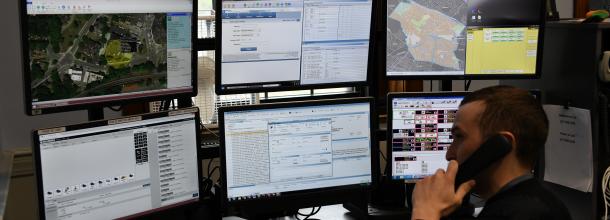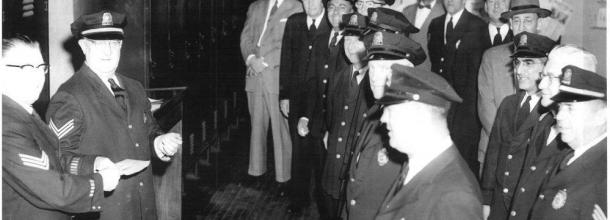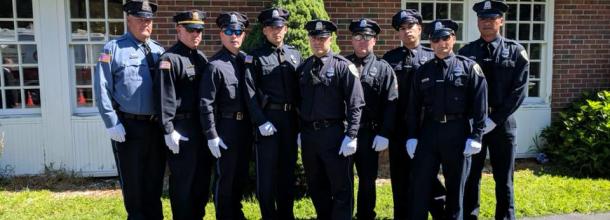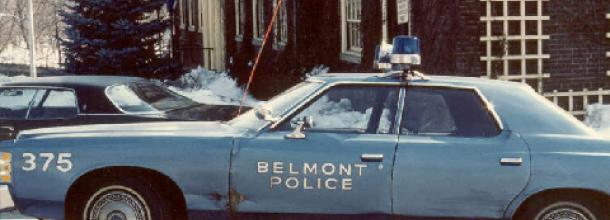Responsibilities of the Public Safety Dispatcher
General Duties – Overview
- Responsible for answering incoming calls to the police and fire departments by way of internal telephone extensions, normal 7-digit telephone numbers and the 9-1-1 Emergency Phone system
- Collect pertinent information from callers and disseminate that information to responding units or agencies
- Determine the priority level of requests for services and mitigate those calls that can be handled without a need for committing department resources to a response
- Provide pre-arrival emergency medical instructions where needed
- Operate the radio systems for the police and fire departments, mutual aid support channels and town agencies
- Monitor and dispatch for all police and fire alarm activations
- Maintain the CAD records of all responses and services provided by the police and fire departments
- Receive requests for other town services (water, sewer & electrical) after hours, on weekends and holidays and initiate the appropriate notifications
- Process all paperwork, data entry and alert notifications for all missing persons, stolen vehicles, arrested individuals, etc
- Keep senior police and fire staff and town officials informed 24-hrs a day of noteworthy incidents and emergencies
- Responsible for monitoring jail cell occupants (via closed circuit television and physical cell checks) to guard against illness or injury
- Responsible for greeting and providing services to visitors to the police station’s lobby
In Support of Police Operations
- Receive initial calls for services and determine nature, location and severity of emergency or services required
- Obtain pertinent caller/witness information for current or future investigation of the incident
- Obtain suspect/crime information, enter into CAD and provide to responding units
- Dispatch appropriate resources to the incident ensuring adequate manpower on-scene as well as to maintain sufficient remaining coverage town wide
- Maintain constant contact with persons reporting crimes in progress keeping them calm and relaying that information in a real-time manner to responding officers
- Broadcast (and receive broadcasts) to/from surrounding communities via mutual aid police radio systems regarding crimes occurring in and around town
- Maintain radio contact with officers on scene to keep the police officer-in-charge informed
- Notify additional resources (Detectives, Crime Scene Investigators, Accident Reconstruction, Medical Examiner, Tactical Teams, Senior Staff, etc.) and maintain an accurate information flow with them
- Provide an effective link to outside support agencies (Fire, Water, Light, Highway, Tow Companies, etc.)
- Interact with Registry Of Motor Vehicles, Criminal History, National Crime Information Center databases via computer with incident related queries
- Testify in criminal court as to the authenticity of archived recordings and with regards to actions taken during the call taking/dispatching evolution
- Support all police department divisions (Detective, Traffic, etc.) with data entry/gathering and other services as needed.
In Support of Fire/EMS Operations
- Receive initial calls for services and determine nature, location and severity of emergency or services required
- Provide pre-arrival instructions to reporting person pertinent to the emergency; Pre-arrival Emergency Medical instructions provided continuously to the caller until the arrival on scene by Fire/EMS providers
- Response determination made based on data entered into CAD and appropriate fire units dispatched via Zetron Intercom alert system and radio
- Emergency Medical calls prioritized by dispatchers and, where needed, Paramedics dispatched from contract provider via separate radio system
- Responding fire companies advised of changing conditions, target hazards, additional reports, etc. while enroute and, upon arrival of commanding fire officer, updated instructions relayed to fire units arriving on scene and still in response
- Requests from Incident Command for additional resources (additional alarms/mutual aid, HazMat Teams, etc.) relayed via radio to surrounding communities
- Obtain mutual aid fire units to cover empty stations, additional emergency calls and to supplement firefighting teams on scene
- Notifications to off-duty senior and line staff made regarding significant emergencies requiring response to the scene or response to town to support mutual aid fire units covering Belmont stations
- Patient information relayed to receiving hospitals when Rescue intitiates transport
- Information management with supporting agencies (Fire Marshals, Department of Environmental Management, Gas Company, etc.)
- Coordination of town agency response to incidents (police for traffic/crowd control; Highway for sand, barricades, etc.; Water Dept to flush hydrants; Light Dept to pull electrical meters, wires inspector; Inspectional Services for integrity of damaged structures, etc.)

